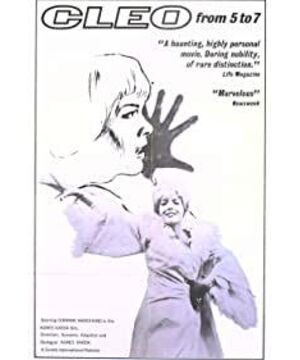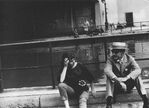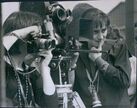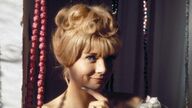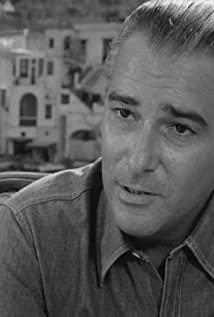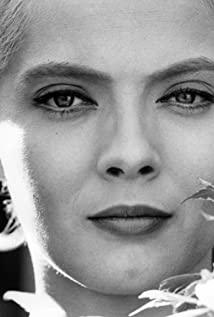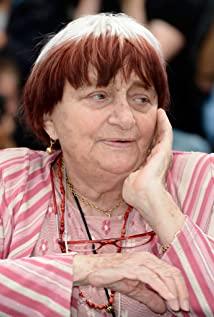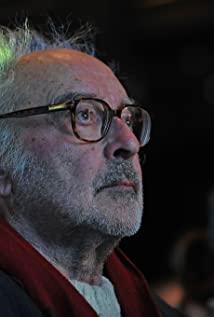Great Movie In France, 5 to 7 pm is known as the meeting time for lovers. But this afternoon, Cleo had absolutely no such plans. She counted every second, thinking she was going to die of cancer, until she learned the results of the medical examination. Agnès Varda's "Cleo at Five to Seven" is 90 minutes long, but its clock seems to run slowly along with Cleo's. Varda is sometimes called the godmother of the French New Wave. I have the same mistake. It doesn't get any more unfair than this. She is the true soul of the New Wave, and it is probably because she is a woman that she has avoided being Godard, Truffaut, Resnais, Chabrol, Rivette, Rohmer, and her husband, Jacques Demy. Varda's films have stood the test of time more than some of their films, and Cleo from Five to Seven is still surprisingly modern today. Released in 1962, the film seemed as innovative and influential as any other New Wave film. Cleo (Corinne Marchand) is a bubbly young pop singer who, although she has a few songs on the radio and on the jukebox, has yet to make a name for herself. She walked into a cafe and ordered one of her songs, and we overheard a woman complaining to her tablemate that it was "noise." Even if we did, I don't know if Cleo heard the same. One of the tricks of the film is that, while Cleo kills time, he notices the gossip of other Parisians around her. For example, in another cafe, a couple of lovers are breaking up. From a psychological point of view, this is somewhat accurate. When you fear death is coming, you perceive others in a new way. Yes, you think about other people and you think your life is heading towards happiness, but think about me - I'm dying. Cleo's awareness of the event adds depth to the film, plus it's mostly about trivia. For example, starting at five in the afternoon, she visited a tarot fortune-teller. The tarot cards are in color, and the movie is all black and white. We're not soothsayers, but they look worrisome. The two cards, Hanged Man and Death, appeared ominously, and the soothsayer consoled Cleo, as soothsayers often do, by saying that the cards "could have many meanings." Then Cleo asked for a palm reading, The fortune-teller looked at it and said, "I don't read palmistry." This is not a good sign. Cleo appears to be a superficial woman, and these signs depress her.
Accompanied by a maid, she wandered the streets of Paris and stopped at a hat shop, where she tried on many hats, which were reflected in countless mirrors. Which style will she choose? It's summer, and she opts for a black fur hat that heralds a storm to wear on her head. Cleo and the maid returned to the apartment, which contained only a piano, a bed, two wrestling kittens, and a large blank. She occupies the bed like a throne, and receives her lover, a scene for them that is clearly ritual rather than intense love. Meet your lover from five to seven? Great, they will behave as expected. She rehearsed with the pianist Bob, played by the film's composer Michel Legrand. Varda somehow managed to get the kittens into the frame, like props in a hilarious musical. However, Cleo's consciousness of death is like a soft bass drum, vibrating inside all the time. As she does as singer, lover and shopper, she has been playing a woman who wants to be told she has stomach cancer. The role is tougher than it looks, but Marchand plays it better than expected. What she does in this film is as unique as Anna Karina's unforgettable role in "As You Want." It's hard enough to play a little fairy with an easy life, but how do you convey your own sense of death at the same time? (Both Godard and Karina appear as supporting characters in a brief silent sequence of the film.) Unlike most New Wave directors, Varda was not a filmmaker or critic before, but a serious cameraman division. Try to freeze any frame of the apartment scene and you'll find the perfect composition—perfect, but unobtrusive. In the film, she was able to capture the verve of the characters, not only through plot and dialogue, but more through their spatial position and light. While many early New Wave films had a bold style, what Varda displays in this film is a keenness for delicately developing emotions. Consider the sequence near the end. Strolling through the open areas of the park, she encounters Antoine, a young soldier. They talk. They stroll, they take the bus, they stroll again. Notice how sophisticated and restrained he is when he talks to her. He doesn't know about her health concerns, but he has his own, and Varda's conversation creates an emotional bridge between them. Then, in an almost cold and informal way, her doctor told Cleo the results of her medical examination. Then she had another chat with the soldiers. If you want to think about the difference between men and women, think about Antoine's lines written by women, many men will find it beyond the realm of comprehension
View more about Cléo from 5 to 7 reviews


